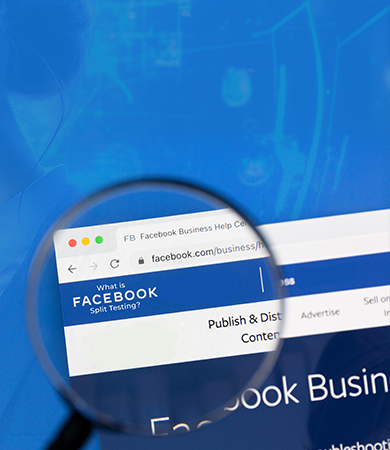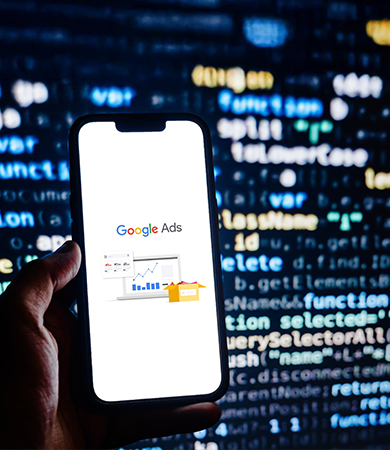Facebook Split Testing (A/B Testing) Guide: Unlocking Data-Driven Success for Your Campaigns
Read MoreBlogs > Digital Marketing 25-10-2020
Ways to Leverage AI & Boost Your Brand's Marketing Strategies
Ever since deep neural networks became mainstream in 2011, AI and machine learning have become critical driving forces in innumerable domains. Several companies and researchers are actively working to improve the potency of AI in the marketing sphere. Now, with the power of analytics and big data, companies can make stunningly accurate predictions about the buying patterns of their target customers. Although implementing AI and adding it to your marketing pipeline may seem like a complicated task, it is not as difficult as it sounds. In this article, we will explore the basics of brand marketing, why it is important to integrate AI, and how you should go about doing it.
How to Market your Brand with AI?
While AI can be an extremely powerful tool for marketing, it is important to remember that the basic principles of marketing remain largely the same. As a marketer, you should stick to the golden rules of marketing while looking for ways to get a leg up over the competition by using cutting edge machine learning and analytics tools. In this section, we will list some of the core principles of marketing. We will also talk about how AI can play a supporting role in the execution of each of these core principles. If you are unsure about how to go about this in an effective manner, you can reach out to us, and we will help you boost your brand to reach your targeted customers with our branding service.
Understanding Your Customers’ Purchasing Habits
Let’s say you have come up with a unique product or service that many of your customers are quite happy with. At this point, there are two essential avenues to explore. First, you should try to make your current customers buy more and maintain their brand loyalty. Second, you should try and expand your reach and garner more loyal customers. Both of these tasks require you to understand your customers very well. Powerful machine learning models such as ‘OLS regression’ can help you understand what factors contribute to a sale. Using logistic regression models, you can also predict the probability of making a particular sale or conversion based on a customer’s previous purchasing habits, income, profession, and internet browsing patterns.
Defining Different Target Segments
In order to expand your customer base, it is important to categorize your customers and design custom marketing campaigns for each customer segment. But how do you come up with the right categories? You could try categorizing based on age, gender, or certain other overtly obvious factors. However, using clustering algorithms such as ‘K-means clustering’ will remove any inherent bias in the selection of factors. Combining clustering with other tools such as ‘Classification and Regression Tree’ (CART) models will allow you to define the most optimal customer segments and make marketing decisions based on these classifications.
Customer Interaction
When it comes to marketing, time is money. By filtering customer queries using a chatbot and assigning the right professionals to the right questions, you can potentially save an enormous amount of time. A recent study found that up to 63% of people are perfectly comfortable with talking to a chatbot instead of a human. Adding chatbots to the landing page linked to your online advertisements can drastically improve your conversion rate. Customers can ask their questions and get an almost instant response.
It is estimated that more than half the households in developed nations will own a smart virtual assistant such as Alexa. As people get more used to talking to their devices instead of typing and clicking, adding speech recognition features to your website and chatbot will certainly put you above your competitors.
Smart Pricing Strategies
Pricing is one of the most critical aspects of marketing. It can truly make or break a sales strategy. By incorporating a smart AI that can suggest the best pricing model for a given scenario, you will notice a dramatic improvement in the likelihood of making each sale. If you are using a deep learning approach, your model will be able to consider decades of pricing and sales data from various sources. With the easy availability of data, this has now become a viable approach. Your model will also often suggest tweaks to your pricing and coupon-distribution strategies.
Why Switch to AI now?
AI is often mistaken to be the ultimate solution to all marketing problems. Marketing is still very much an art form that requires several years of experience and a perceptive understanding of human psychology. The insights that AI provides can be used effectively by a marketing team that has a good grasp of the fundamentals. By 2025, the amount of digital data is expected to grow to an astonishing 175 zettabytes! With AI incrementally becoming an integral part of a large proportion of organizations looking to exploit all this data, not adopting AI could prove to be a costly mistake.






